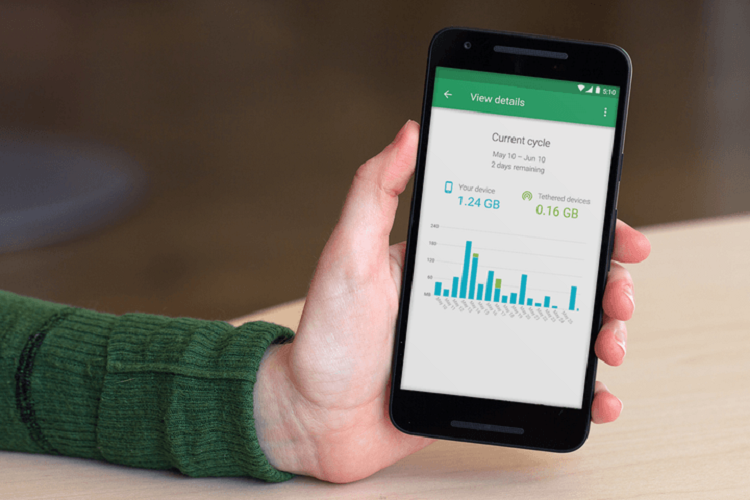Travelling abroad? There’s a specific international mobile phone solution for you.
If you’re a student attending school abroad, you might have a phone with call plans designed to work between your home and host countries. If you’re a travel enthusiast who spend your morning in one continent and then go to sleep in a different one, you may carry your own international calling device.
Meanwhile, business travelers who want to get updates about their operations may rent a phone or buy a SIM card in the country they are currently in.
When business is the main purpose of your trip, it pays to take advantage of the connectivity an international phone plan can offer. But it’s also important to choose the right phone plan option to avoid shouldering excessive charges on international calls or roaming fees.
Here is an overview of the pros and cons of three overseas cell phone plan options so you will know which one is best for your needs and budget.
1. Getting an International Calling Plan
Most phone plan carriers offer plans that allow you to send texts, make calls and access data while you are traveling overseas. These plans might be offered on a daily basis or perhaps as a temporary service that you can easily set up for just the duration of your trip.
Each service provider will offer different plans at various prices, depending on the phone model you choose and country of destination. Remember that the rate of per-minute calling varies for different countries.
Some carriers offer international roaming services for specific zones. Zain, for instance, lets you call your family in Iraq wherever you may travel to. Depending on where you are calling from, the calling per minute rate may range from IQD 500 to IQD 1,500.
It may also be possible that you can’t make calls from every country. So make sure to check if your international plan covers your country of destination.
● Pros:
If you do not want to rent or purchase a new phone abroad, getting a plan for your own phone is your best bet. If your phone can make international calls, you don’t have to switch plans.
What’s best about this option is that your cell phone number stays the same. Furthermore, the names and numbers programmed in your phone will be available to you while you are abroad. This means that you don’t have to transfer the numbers of key persons to another device.
● Cons:
If you forget to get an international plan, you may end up paying thousands in roaming charges. Even if you have a plan, it can also become expensive once you make plenty of calls or exceed your data limit.
2. Buying a Local Phone with a Plan
Depending on your country of destination, you can buy a local phone with a calling plan. So before traveling, you must do your research on phone plan carriers in the county you’ll visit. Make sure to work with a reputable phone plan provider, and don’t purchase a phone from people on the street.
● Pros:
Domestic rates are often cheap. In fact, some carriers offer unlimited on-net call packages if you contact someone within the same network. Also, most cell phone models are affordable.
● Cons:
- If you buy a local phone, you might run into a language barrier. If you do not understand the contract given to you by the phone plan carrier, don’t sign it.
3. Buying an International SIM Card
Buying a prepaid SIM card for your cell phone is another great option while traveling. By switching your own SIM card for the one you purchased, you will enjoy the benefits of a local phone without the need to purchase a new phone unit. To get the most out of your new SIM card, ask the carrier where and how you can recharge it.
● Pros:
Instead of buying a new phone, you can just buy a SIM card for your own phone. This is a cheaper option, and it also takes up less space in your luggage. With this option, you will enjoy a low local rate for SMS, calls and data within the country you are visiting.
● Cons:
If you don’t track your usage, you might need to recharge your SIM card often. If you do not know how to do this, you won’t be able to communicate with your employees and family in your home country. Moreover, this option isn’t available if your phone is locked or if it can’t operate on the GSM network.
Traveling overseas is not an excuse for you not to know what is going on in your business or in the lives of your family, especially in case of emergencies.
You have several options to maintain an open communication with important people. You just have to know the pros and cons of each option so you can choose the best phone plan that suits your budget and specific needs. After that, find out how to get a phone line so you can start making calls, accessing the data or sending SMS, both locally and internationally.
AUTHOR BIO
Al-moottil P Antony is a C-Suite Executive Support Professional for Zain, a leading mobile and data services operator with a commercial footprint in 8 Middle Eastern and African countries.
